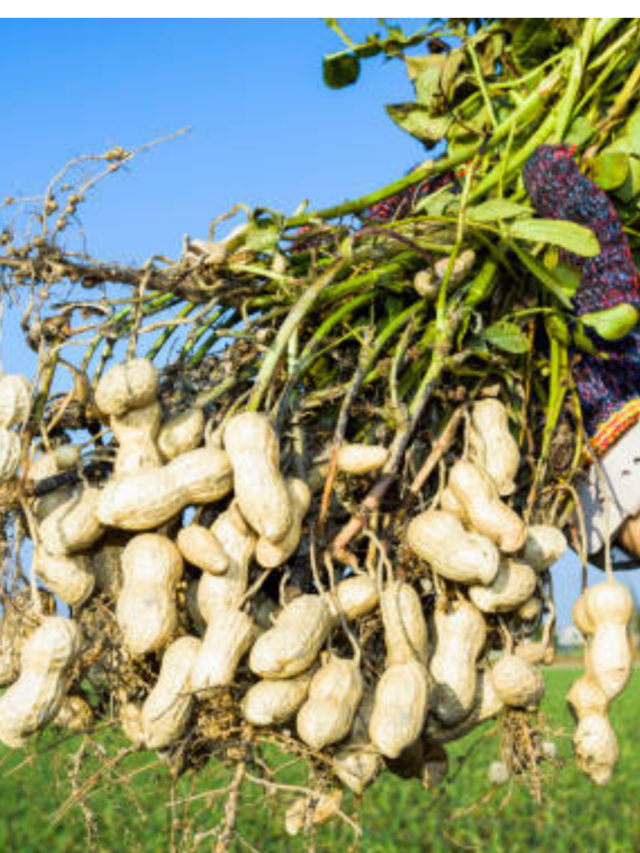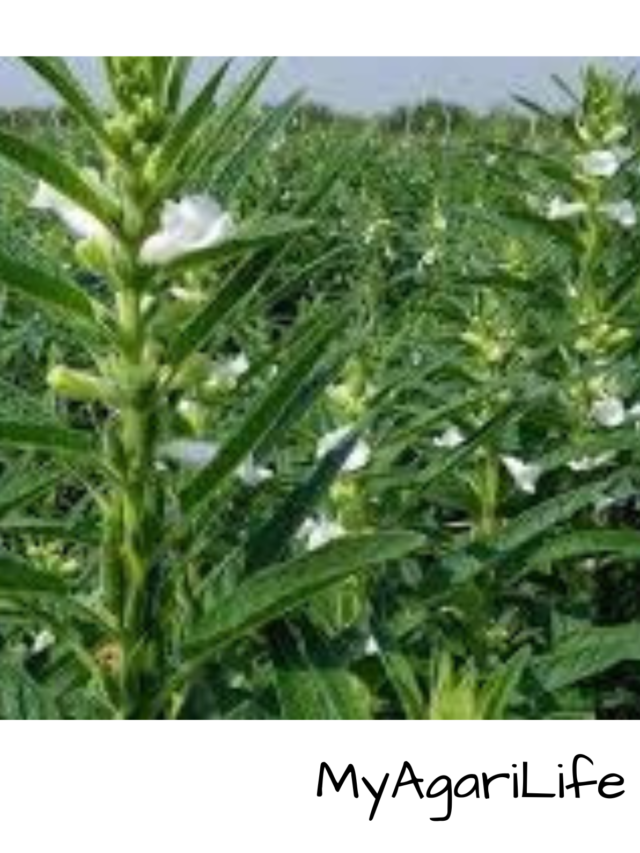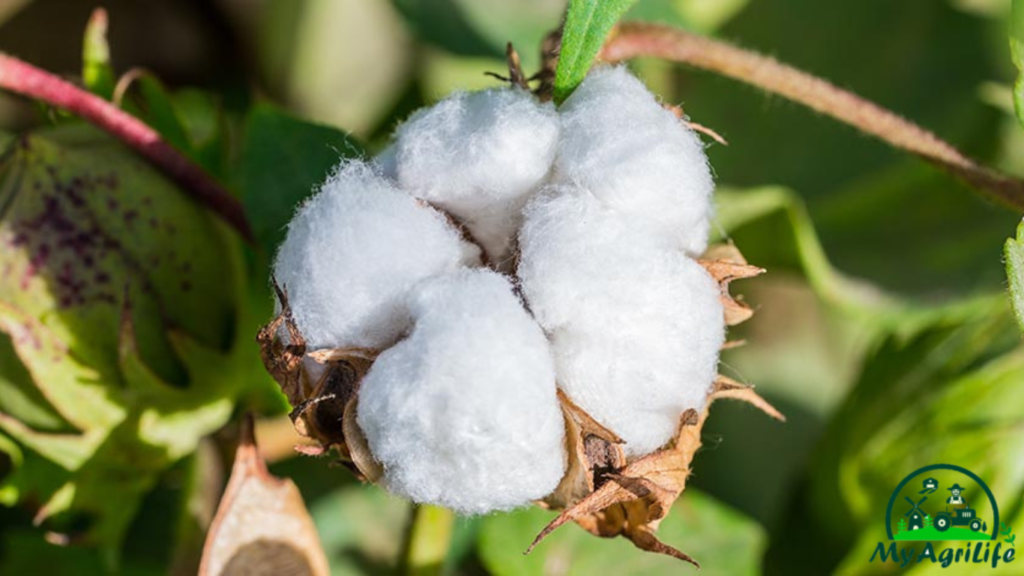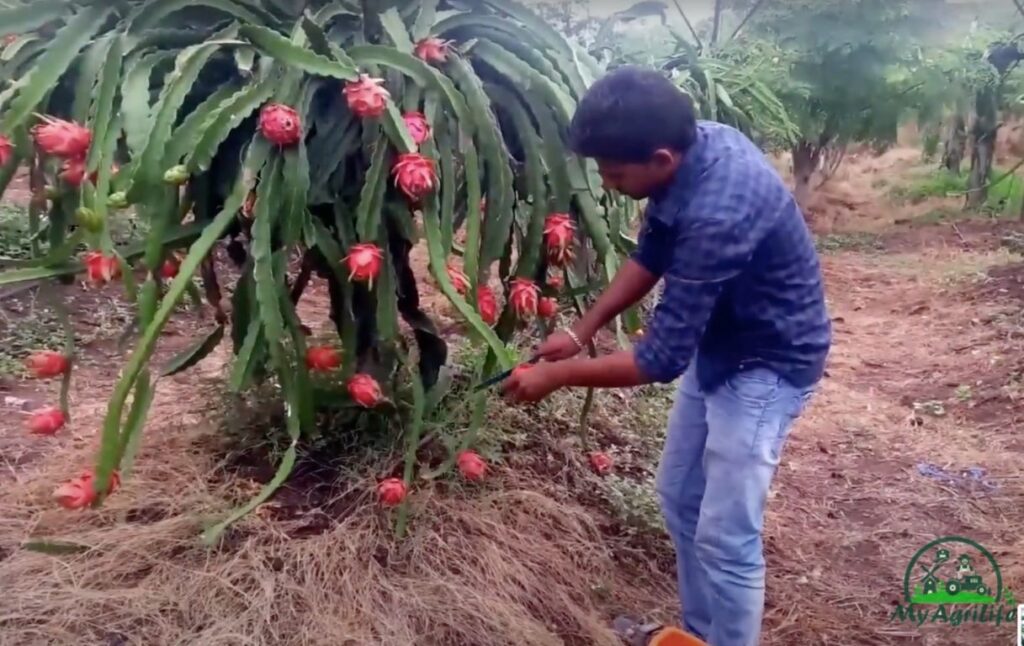
Lemon is a citrus fruit that is widely used in culinary and non-culinary applications. It is a small, yellow or greenish-yellow fruit with a sour and acidic taste. Lemons are rich in vitamin C, which is an essential nutrient that supports immune function, skin health, and wound healing.
In culinary applications, lemons are often used to add flavor and acidity to dishes. They can be used to make lemonade, lemon meringue pie, lemon chicken, lemon rice, lemon curd, and many other dishes. Lemon zest, which is the outer layer of the fruit’s skin, is often used as a flavoring agent in desserts, sauces, and cocktails.
Non-culinary applications of lemons include their use in cleaning products, as the acidity of lemons can help to remove stains and grime. Lemon essential oil is also used in aromatherapy and as a natural remedy for a variety of ailments, including digestive issues and sore throat.
Overall, lemons are a versatile and useful fruit that can be used in many different ways.
Seed Specification Lemon
Lemons (नींबू) are propagated through seeds, although it is not the preferred method as it can result in variability in the quality of the fruit produced. If you are looking to grow lemon trees from seeds, it is important to use high-quality seeds that have the potential to produce healthy and productive trees.

The following are some specifications for lemon seeds:
1.Size: Lemon seeds are generally small, around 0.5 to 1 cm in length.
2.Color: The color of lemon seeds is usually light brown.
3.Shape: Lemon seeds are oval or elliptical in shape, with a pointed end and a rounded end.
4.Texture: Lemon seeds have a hard, smooth outer shell that protects the inner seed.
5.Viability: Lemon seeds should be fresh and viable, meaning they have the potential to germinate and grow into healthy trees. It is important to source seeds from a reputable supplier to ensure their viability.
When planting lemon seeds, it is important to soak them in water for several hours to help soften the outer shell and encourage germination. Plant the seeds in well-draining soil, and keep them moist but not waterlogged. With proper care, the seeds should germinate within a few weeks and grow into healthy lemon trees.
Land Preparation & Soil Health Lemon
If you are planning to grow lemon trees, it is important to prepare the land properly and maintain healthy soil to ensure the best possible growth and yield. Here are some guidelines for land preparation and soil health for lemon cultivation:

1.Land preparation: Before planting lemon trees, clear the land of weeds, rocks, and debris. Prepare the soil by tilling it to a depth of at least 30 cm, breaking up any large clods of soil. Level the soil surface and create raised beds if necessary to improve drainage.
2.Soil pH: Lemon trees prefer slightly acidic soil with a pH range of 5.5 to 6.5. You can test the soil pH using a soil testing kit, available at most garden centers. If the soil is too alkaline, you can amend it by adding elemental sulfur, while if it’s too acidic, you can add lime.
3.Soil texture: Lemon trees prefer well-draining soil with good water retention capacity. Sandy loam soil is ideal for lemon cultivation, while heavy clay soil should be avoided. If the soil is heavy clay, you can amend it by adding organic matter such as compost, well-rotted manure, or peat moss.
4.Soil nutrients: Lemon trees require a balanced supply of nutrients, including nitrogen, phosphorus, and potassium. You can improve soil fertility by adding organic matter, such as compost or well-rotted manure, or by using a balanced fertilizer.
5.Mulching: Apply a layer of organic mulch around the base of lemon trees to help retain moisture, regulate soil temperature, and suppress weeds. Suitable mulching materials include straw, leaves, wood chips, or compost.
By following these guidelines for land preparation and soil health, you can create optimal growing conditions for lemon trees and promote healthy growth and high yields.
Crop Spray & Fertilizer Specification Lemon
Crop spray and fertilizer application can significantly improve the growth and yield of lemon trees. Here are some guidelines for crop spray and fertilizer specification for lemon cultivation:

1.Nitrogen fertilizer: Nitrogen is an essential nutrient for plant growth and is necessary for the development of healthy leaves and stems. Apply nitrogen fertilizer in split doses throughout the growing season, starting with a dose of 50-75 grams per tree during the first year of planting, and increasing the amount gradually in subsequent years.
2.Phosphorus fertilizer: Phosphorus is necessary for the development of strong roots and the formation of flowers and fruits. Apply phosphorus fertilizer at the time of planting and again after 6-8 weeks, at a rate of 50-75 grams per tree.
3.Potassium fertilizer: Potassium is important for fruit development and helps to improve the quality of the fruit. Apply potassium fertilizer in split doses, starting with a dose of 75-100 grams per tree during the first year of planting, and increasing the amount gradually in subsequent years.
4.Crop spray: Spray the trees with a solution of zinc sulfate and borax to prevent yellowing of the leaves and improve the overall health of the tree. Apply the spray at the rate of 1-2 grams of zinc sulfate and 0.5-1 gram of borax per liter of water.
5.Foliar spray: Foliar spray of micronutrients such as iron, manganese, and zinc can help to correct any deficiencies in the tree and promote healthy growth. Apply the foliar spray at the rate recommended by the manufacturer, usually 2-3 times per growing season.
6.Organic fertilizer: Use organic fertilizers such as compost, well-rotted manure, or bone meal to improve soil fertility and promote healthy growth. Apply the organic fertilizer around the base of the tree and mix it into the soil.
By following these guidelines for crop spray and fertilizer specification, you can ensure that your lemon trees receive the necessary nutrients for healthy growth and high yields. It is important to follow the recommended rates of application and to monitor the trees for any signs of nutrient deficiencies or excesses.
Weeding & Irrigation Lemon
Weeding and irrigation are important aspects of lemon cultivation as they can significantly impact the growth and yield of the trees. Here are some guidelines for weeding and irrigation for lemon cultivation:

1.Weeding: Keep the area around the base of the lemon trees free of weeds and other vegetation. Weeds can compete with the trees for nutrients, water, and sunlight, which can negatively impact their growth and yield. Hand weeding is the preferred method, as it is less likely to damage the roots of the trees. Use a hoe or other tools to remove weeds from around the base of the tree.
2.Mulching: Apply a layer of organic mulch around the base of the lemon trees to help suppress weeds and retain moisture. Suitable mulching materials include straw, leaves, wood chips, or compost.
3.Irrigation: Lemon trees require regular irrigation, especially during periods of drought or high temperatures. Water the trees deeply and thoroughly, ensuring that the water penetrates to a depth of at least 30 cm. The frequency of irrigation will depend on the soil type, weather conditions, and stage of growth of the trees. In general, lemon trees should be irrigated once a week during the growing season and less frequently during the dormant period.
4.Irrigation methods: There are several methods of irrigation that can be used for lemon cultivation, including drip irrigation, sprinkler irrigation, and flood irrigation. Drip irrigation is the preferred method as it delivers water directly to the root zone of the trees, minimizing water loss through evaporation and reducing the risk of fungal diseases.
By following these guidelines for weeding and irrigation, you can promote the healthy growth and high yields of your lemon trees. It is important to monitor the trees for any signs of stress or disease, and to adjust your watering and weeding practices accordingly.
Harvesting & Storage Lemon
Harvesting and storage are critical aspects of lemon cultivation, as they can significantly impact the quality and shelf life of the fruit. Here are some guidelines for harvesting and storage of lemons:

1.Harvesting: Lemons should be harvested when they are fully ripe but still firm. The best way to determine ripeness is to check the color of the fruit. Ripe lemons should have a bright yellow color and be firm to the touch. To harvest the lemons, twist the fruit gently and pull it from the tree. Be careful not to damage the fruit or the tree.
2.Handling: Handle the lemons gently to prevent damage to the fruit. Avoid dropping the fruit or subjecting it to rough handling, as this can cause bruising or other damage.
3.Cleaning: Clean the lemons before storage to remove any dirt or debris. Rinse the fruit in cool water and dry it thoroughly before storing.
4.Storage: Lemons should be stored in a cool, dry place, away from direct sunlight. A temperature range of 7-10°C is ideal for long-term storage. Store the fruit in a single layer, and avoid stacking or overcrowding the fruit, as this can cause bruising or other damage. The fruit can be stored for up to several weeks under these conditions.
5.Ripening: Lemons that are harvested when they are still green can be ripened by storing them in a warm, humid environment. Place the fruit in a paper bag or wrapped in a newspaper and leave it in a warm place for a few days. The fruit will gradually turn yellow and become ripe.
By following these guidelines for harvesting and storage, you can ensure that your lemons are of high quality and have a long shelf life. It is important to handle the fruit carefully and to monitor it regularly for any signs of spoilage or damage.
Conclusion
In conclusion, lemon farming can be a profitable agricultural venture, but it requires careful planning, management, and attention to detail. The key factors to consider include choosing the right lemon variety for the climate and soil, ensuring soil health and proper land preparation, providing adequate irrigation and fertilization, managing pests and diseases, pruning and shaping the trees for optimal fruit production, and timely harvesting and storage of the fruit.
Lemon farming can be affected by various factors such as weather conditions, pests and diseases, and market demand. It is important to stay informed and adapt to changing circumstances to ensure a sustainable and profitable lemon farming business.
Furthermore, lemon farming has several potential health benefits as lemons are a rich source of vitamin C and antioxidants. They are used in various culinary and medicinal applications and have a significant demand in the food and beverage industry. Therefore, lemon farming can provide a lucrative opportunity for farmers and contribute to the global food and health industry.
Overall, with the right resources, knowledge, and commitment, lemon farming can be a viable and rewarding agricultural enterprise.









